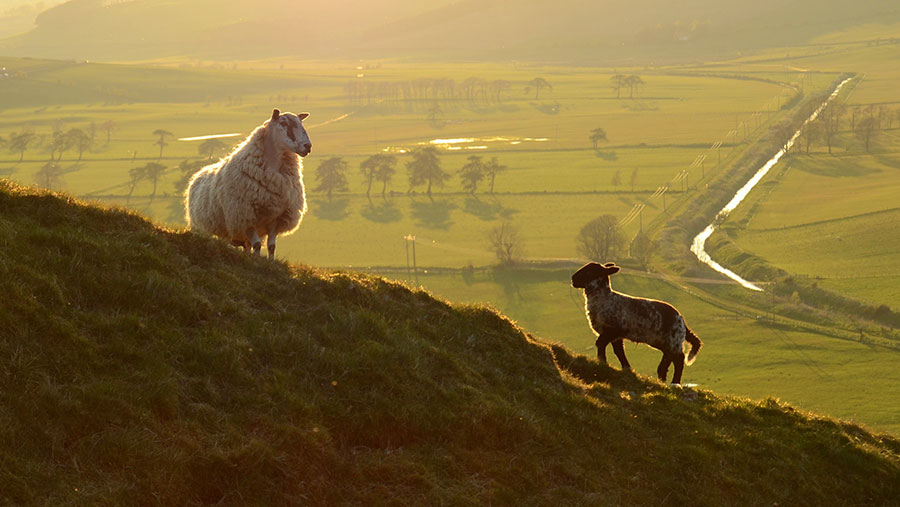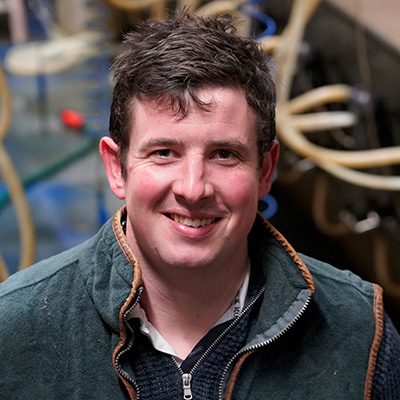Opinion: Future Scottish farm support must include a stability payment
 © Mr Doomits/Adobe Stock
© Mr Doomits/Adobe Stock Change is good, and most farmers, when asked, will probably agree that it is required and long overdue.
Delving deeper, however, you’ll often find an apprehension – a fear of what may come. The certainty of a bad system will often trump the uncertainty of a new, potentially better way.
See also: Refocus farm policy on food security says NFU Scotland
Much of this comes from past experiences. Change has often been forced on us, without consultation, therefore making it less than perfect and requiring a great amount of time and effort to adjust.
Scotland’s farmers will soon have a new Agriculture Bill to contend with, which will change how all future support is delivered, and influence how food is produced.
Unlike in England, there is a strong promise that the current system of direct funding will continue in the same form up to 2024.
While providing some peace of mind until then, what comes next is of huge concern to food producers across Scotland.
We do know some vague details of what to expect. Holyrood has set in stone its intention to move 50% of all support to conditional funding.
This will ensure that half of what is invested in Scottish agriculture will be used to encourage practices or invest in schemes that directly improve the environment and biodiversity.
The hope is that the remaining funds continue as a stability payment for farms. The importance of this is highlighted in our government’s own figures, which show that only 37% of farms generate a profit before support.
That figure becomes more harrowing in upland mixed systems, dropping to 19%, and as low as 7% in upland sheep enterprises.
NFU Scotland has set out its vision for future support in a series of roadshows over the past month. It is one that has not changed since its policy document, Steps to Change, was launched in 2018.
The whole proposal hinges on the premise of an actively farmed hectare (AFH), recoupling agricultural payments to those who are working the land to grow crops or rear livestock, while further rewarding businesses that take measures to reduce their effect on the environment.
The proposal has, on the whole, gone down well with farmers, with many of them seeing the need for a system that supports them and invests in their businesses to become efficient at producing top-quality food, while protecting the environment.
The union’s views are not the only pitch at play, however. People and organisations from inside and outside of agriculture would like to see the end to direct farming support completely, with the budget invested more heavily in tackling the climate and biodiversity crises.
Where I think these proposals fail is in understanding the people who manage the land in Scotland, and their values. If they don’t work within that value system, it will not drive change, it will just create conflict.
Regardless of which framework is chosen, the budget will be vital. The current budget for agriculture in Scotland stands at £637m, with 91% of it delivered in the block grant from the Treasury.
The real question is whether Westminster will continue to fund direct support to Scotland’s farmers, while removing it from our English colleagues, and what pressure that will place on the internal market, or on the Subsidy Control Bill currently going through Westminster.

